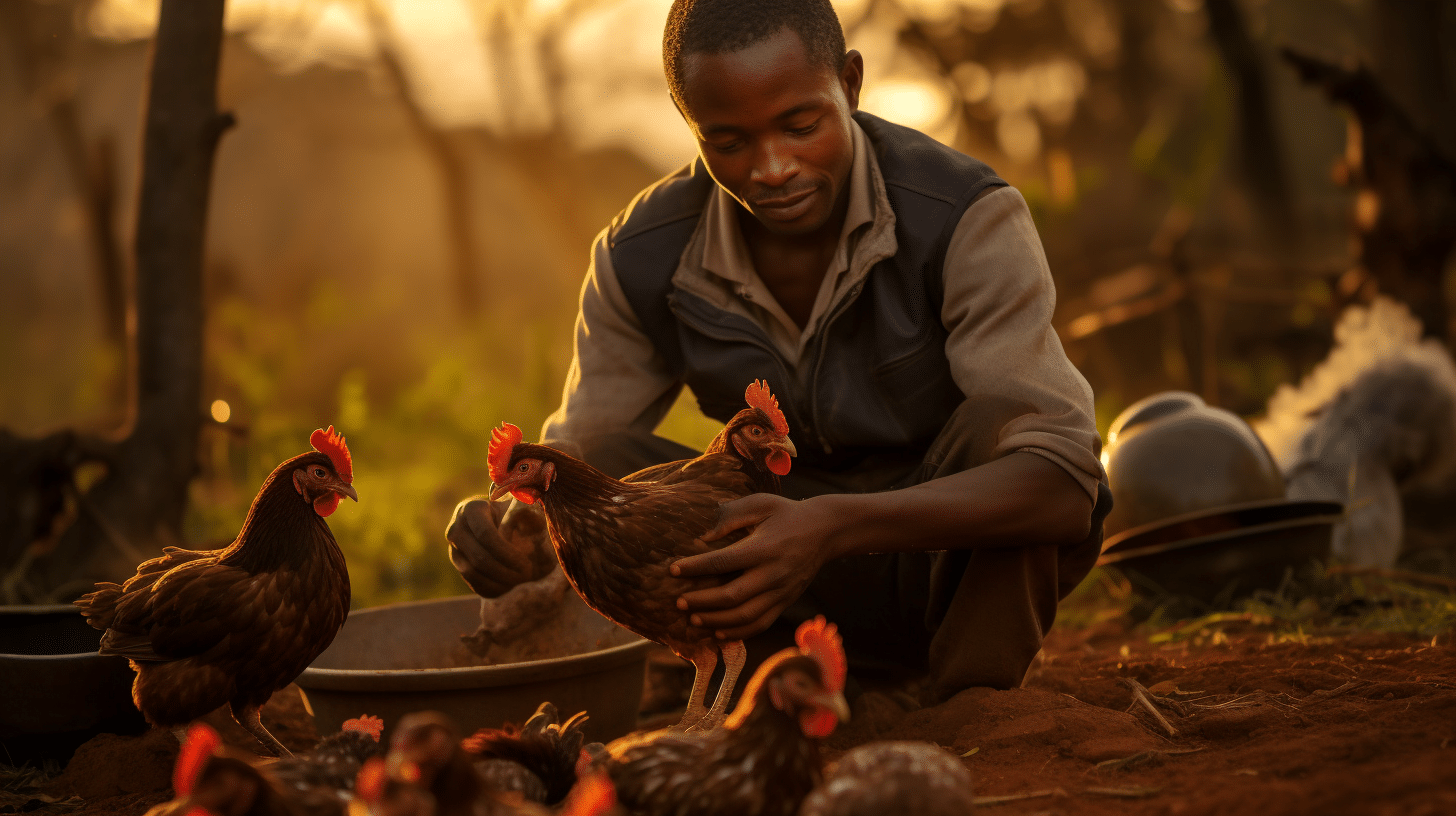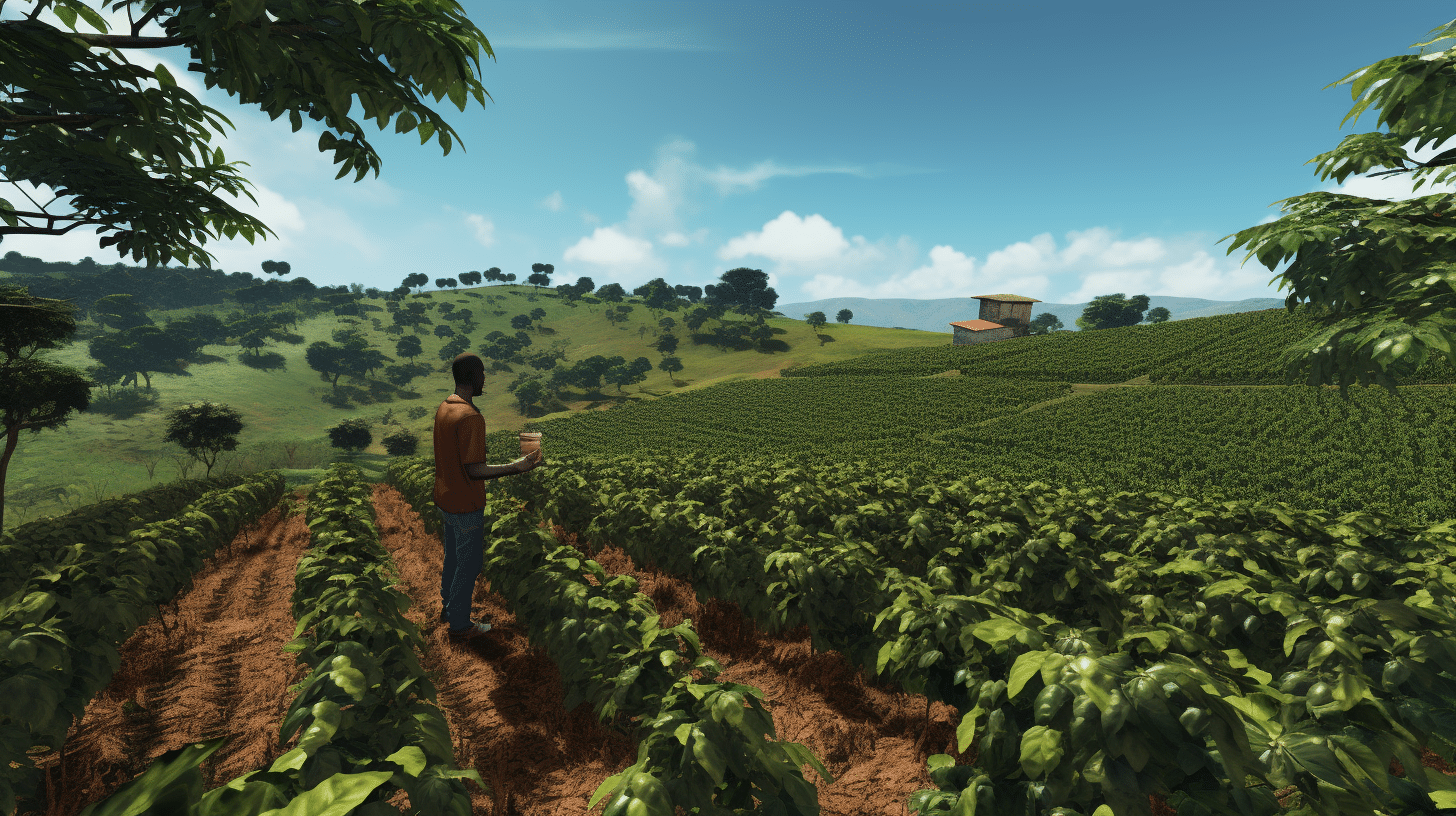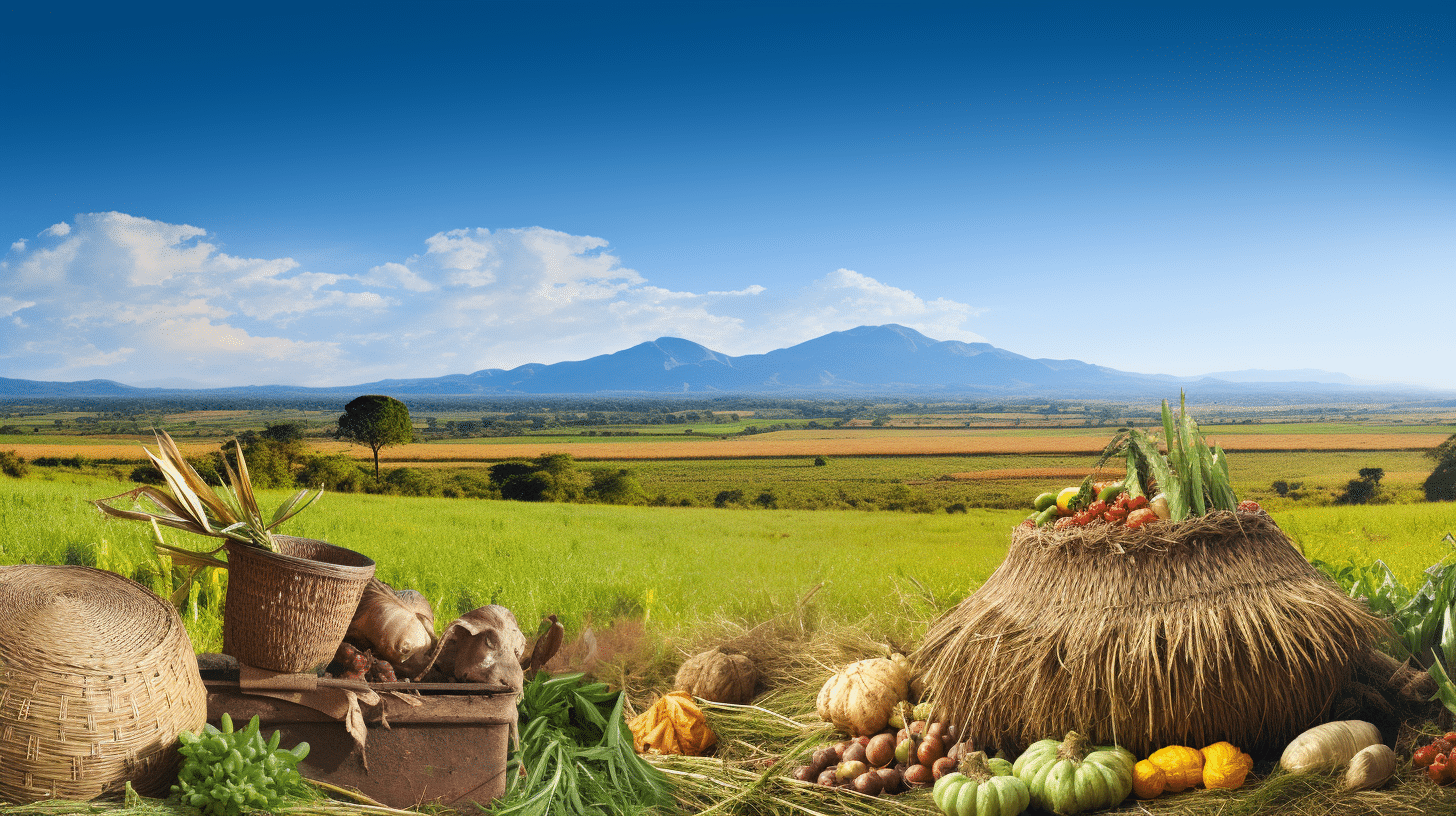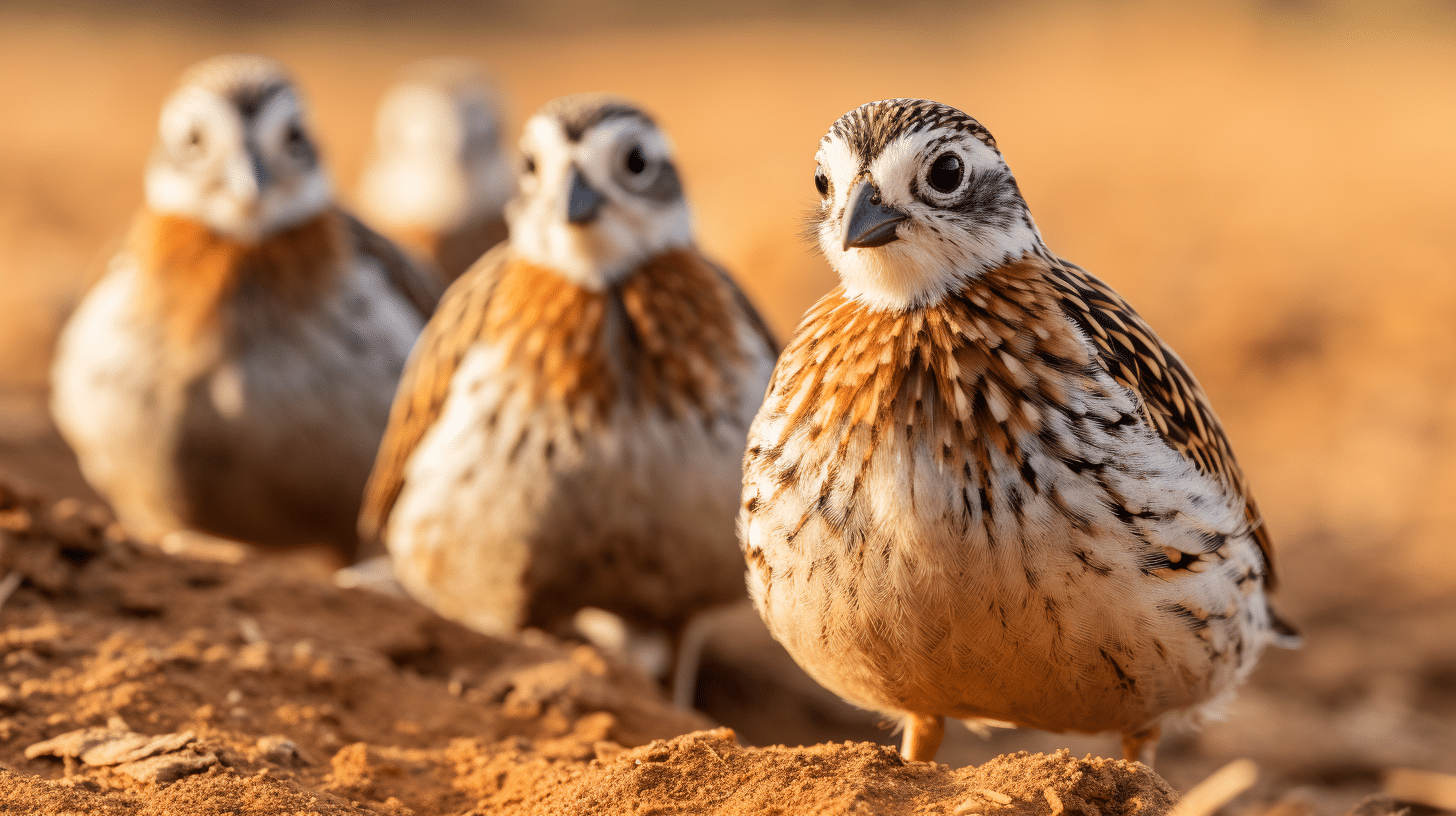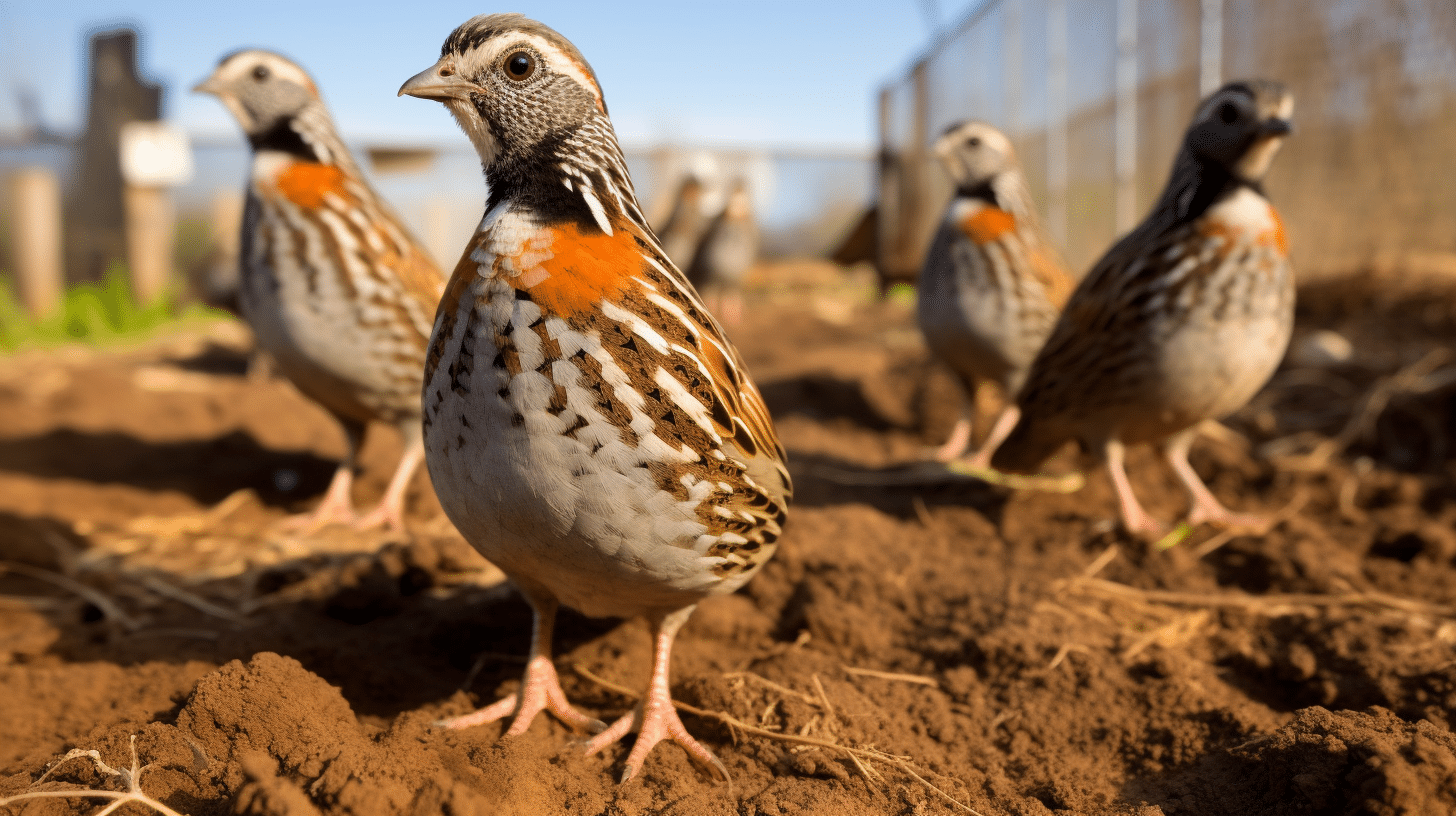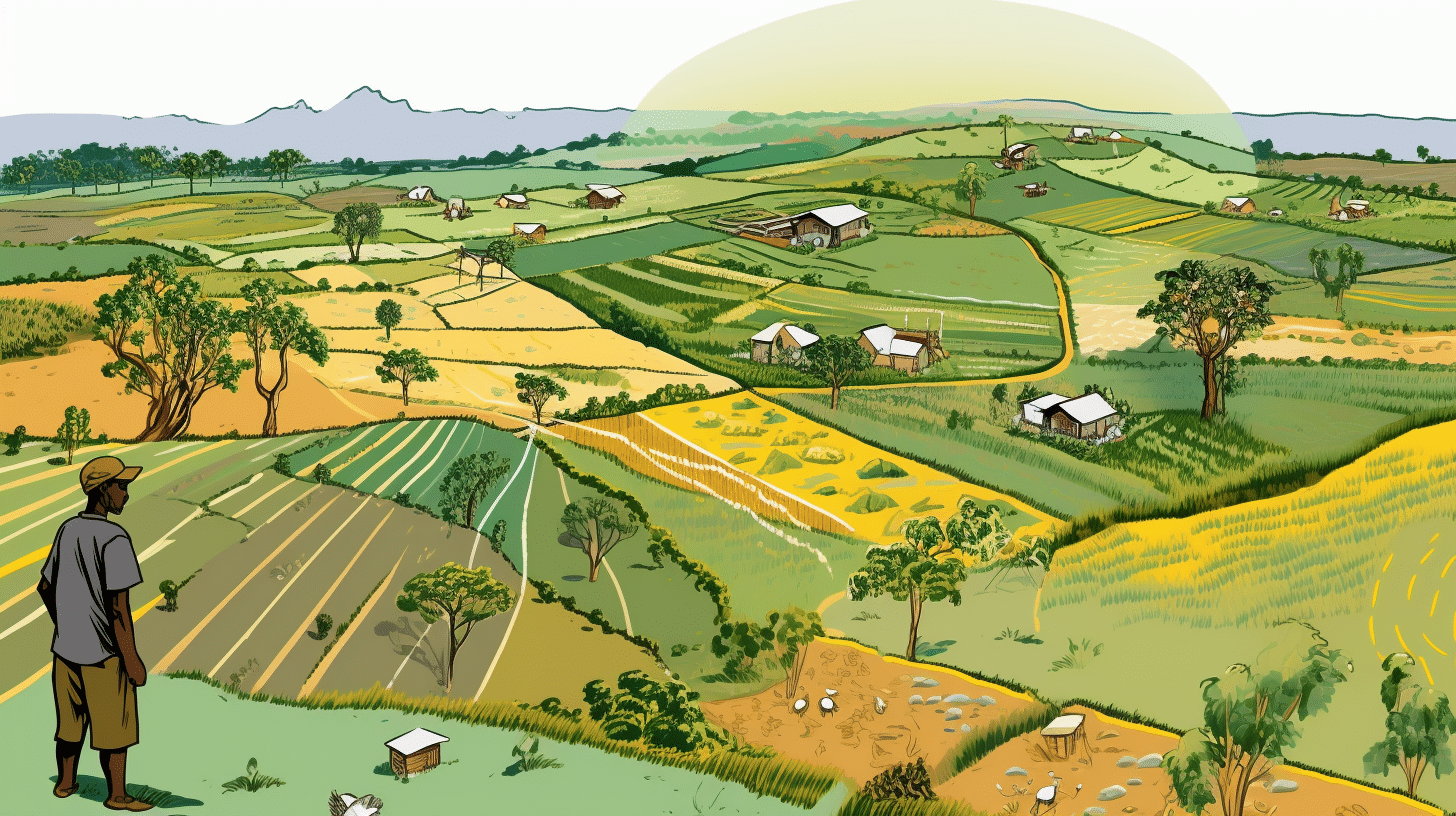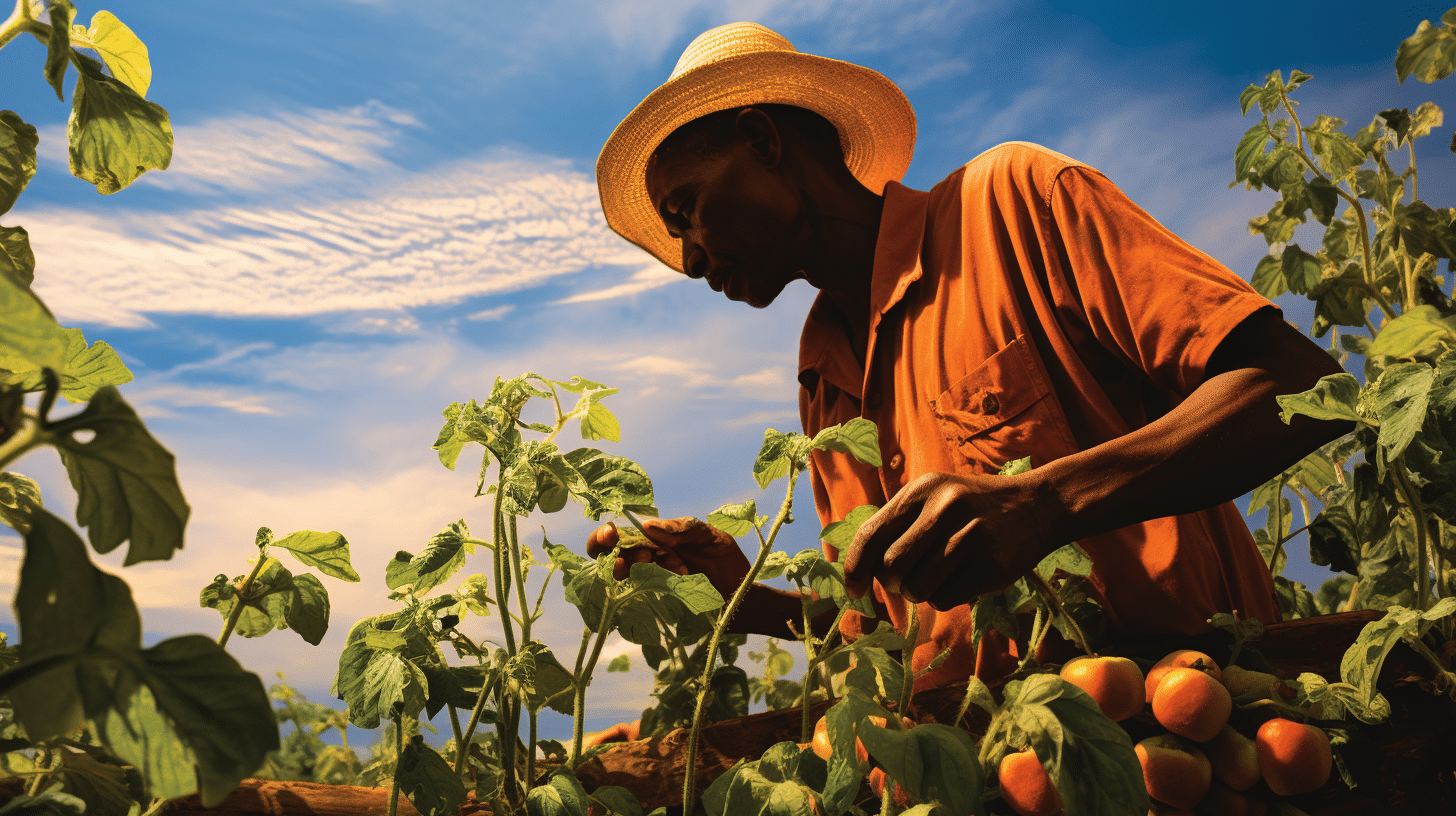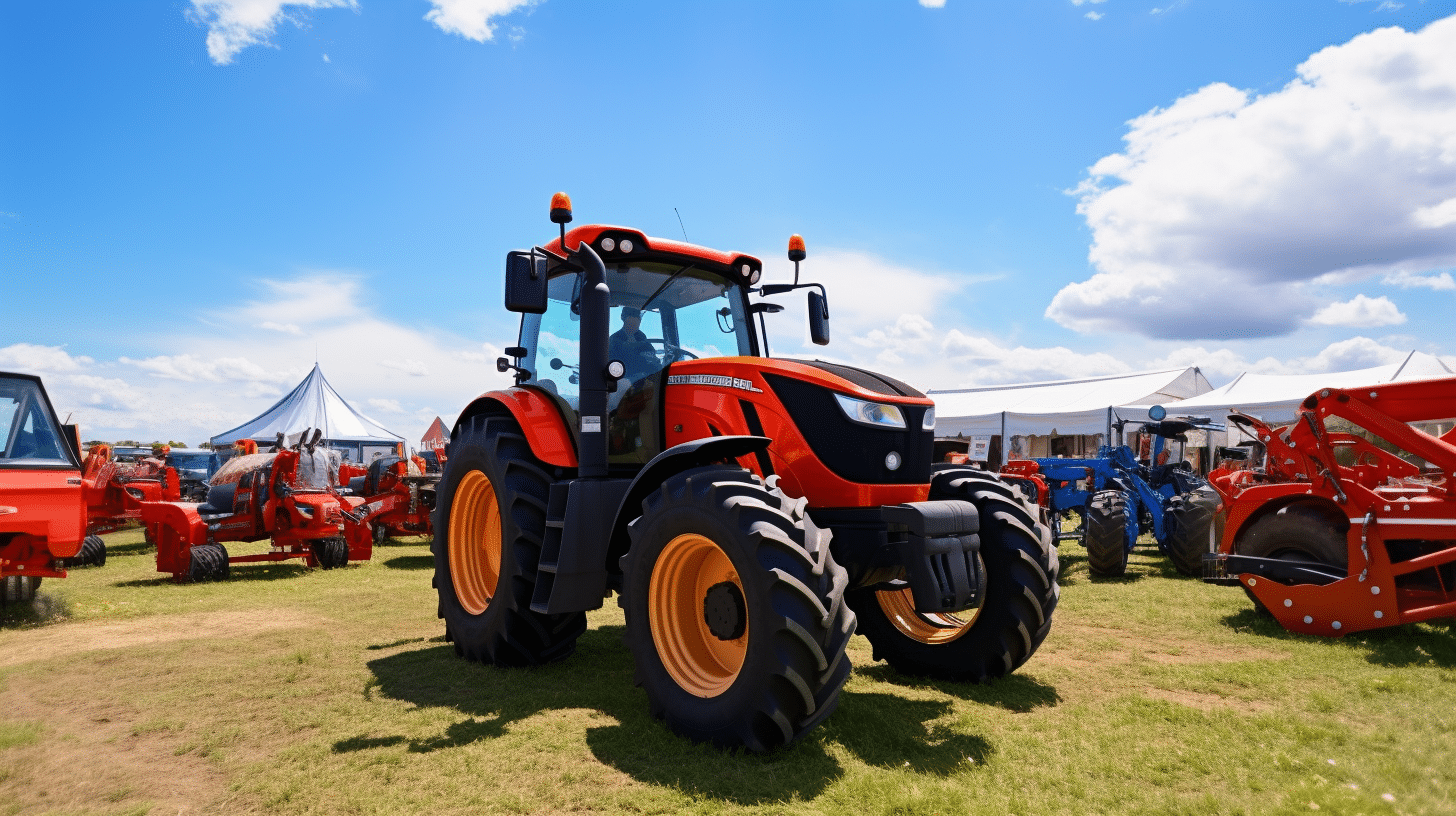The marketing of Dairy products is regulated by Dairy industry act under the law of Kenya; Kenya dairy board is responsible of organizing, regulating and developing production efficiency. The Board has powers of in the regulation of Dairy Marketing system. The Board neglected its duty and left it in the hands of Kenya cooperative creameries limited. Implementation of marketing liberalization has been of much benefit and it has facilitated automatic adjustments of price in order to respond to competition in the market, the market changes are brought about by supply and demand. Marketing liberalization has been working to find ways of stabilizing consumption and production and this will be of much benefit to the entire society. The marketing liberalization passed the policy statement that any company or party interested in starting Dairy processing or marketing of Dairy products can be licensed as long as the party or the company has kept the rules of the required hygienic standards.
In 1983 the Government licensed two Dairy suppliers who were small scale, the licensed cooperative unions were Meru central farmers and Kitinda farmers, they were allowed to produce process and distribute their dairy products to their members. Before this policy was passed any small scale dairy farmer who wanted to process dairy products had to be a member of the Kenya Cooperative creameries (KCC), this made the KCC to operate as a monopoly in the industry of Dairy. Most of the milk in the market is from the small scale farmers. The farmers come together and form cooperative in order to supply the collected milk to the marketing outlets that finally process the milk in large scale and market it to the final consumer. Kenya dairy cooperative has registered over 100 small scale societies but only 70% of these societies are active. There are 200 cooperatives which serve the dairy by milk collection, bulking the milk and finally selling it to the surrounding areas or taking it to processing plants. Some of these cooperatives are Bungoma and Meru.
The government keeps encouraging the farmers who are not satisfied by the services of KCC to start their own processing facilities and register it under the Rural Dairy Development. This will give them good returns and open wide market for their milk. For milk to reach the processing facility there must be milk coolers, without the coolers then the milk goes bad before reaching the processing plant. Milk production has shown peaks in supply during rainfall season when the cows are grazing well and grazing of the cows is cheap. During high supply the markets are usually saturated with milk, the local milk suppliers’ start rejecting milk supply and also Kenya Cooperative Society reject it during this period. This has led to a lot of wastage and as a result the KCC has competitors who are in the milk industry in or order to stabilize demand even during peak periods, the industry has the KCC and the non KCC and also the private sector.
Milk is perishable in nature and the appropriate tools should be used in the collection and in the processing. The final products of milk are; cheese, cream, butter, ghee, mala, ultra heat treated milk, yoghurt and skim milk powder.


